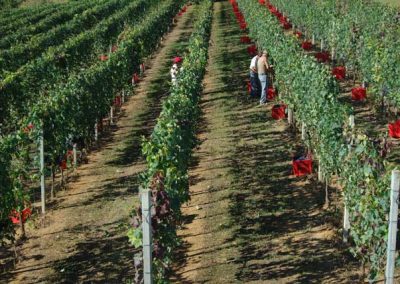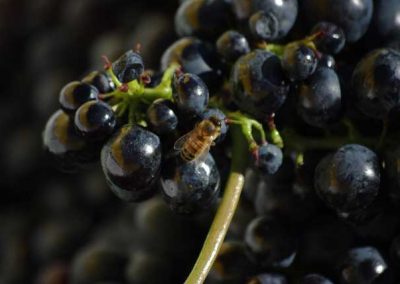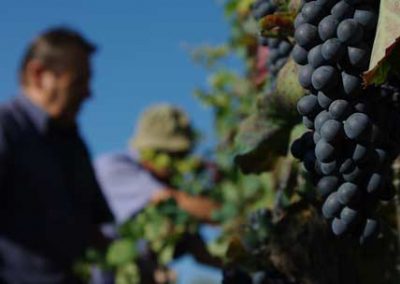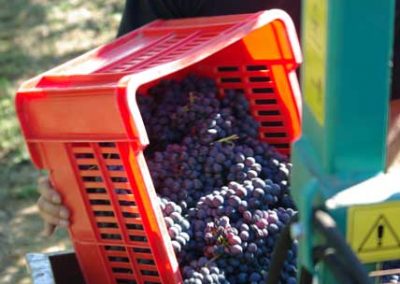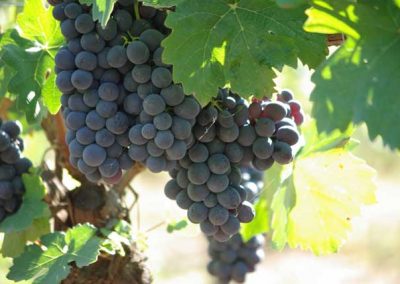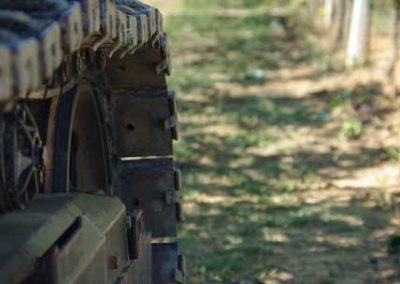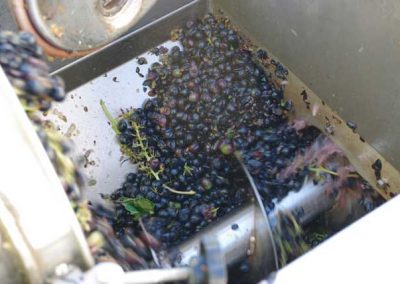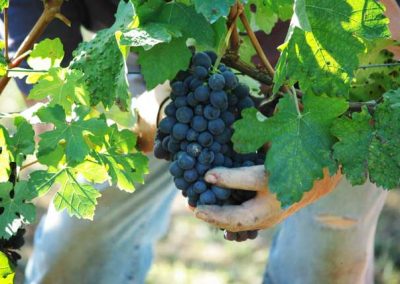Winery
FRANCO FRANCESCO
between hills and vineyards.
Franco Francesco winery is located in the town of San Damiano d’Asti (Piedmont), a small town founded in 1275, where there is still an air of passion, a fragrance of wellbeing enjoyed by people who live there and by those who visit it. With the beautiful central street, its arcades, squares, churches and walks.
San Damiano is a town of the upper Monferrato, located almost in the center of the Alfieri Hills, a territory between Langhe and Monferrato, which is part of the UNESCO heritage, the heart of a landscape surrounded by gentle and panoramic hills. And it is among these hills, kissed by the sun, that FRANCO FRANCESCO, just outside the town, takes care, with love and passion its “VINEYARDS”, where he cultivates only selected grapes processed with great care and experience.
The hills of
the Monferrato
The Monferrato is included between the provinces of Asti and Alessandria. The land is calcareous and sandy and looms in gentle hills, partly cultivated, partly wooded. Together with Langhe and Roero, Monferrato is part of one of the two districts of Piedmontese wines. Here are mainly cultivated the vines of Barbera d’Asti, Barbera del Monferrato and Grignolino d’Asti.
The hills of
the Roero
Between the provinces of Cuneo and Asti, the Roero is characterized by a sandy soil that allows not only the production of wines such as red Roero or the white wine La Favorita.
The hills of
the Langhe
Enclosed between the provinces of Cuneo and Asti, their name derives from the local dialect: the “langhe” are the sharp ridges of the hills. The landscape is characterized, above all, by vast expanses of vineyards as far as the eye can see. The Langhe belong in fact to one of the districts of the wines of Piedmont, along with Monferrato and Roero. Here are cultivated the vines of Barbera, Dolcetto and Nebbiolo.
From the vineyards of our territory, from the Piedmont countryside: the harvest.
The harvest is the moment in which the grapes of our vines, cultivated throughout the year, are collected and brought to our cellar to begin the natural process of vinification, which will transform the must into wine. Before arriving at this important moment, however, there is a great job behind in the countryside that requires knowledge, time and dedication.

